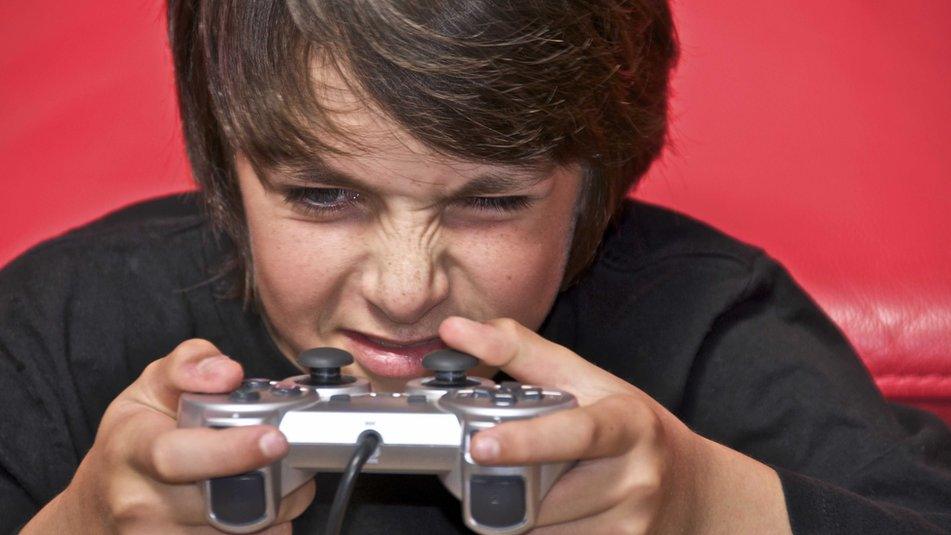Gaming disorder: What is it and why is it a problem?
- Published
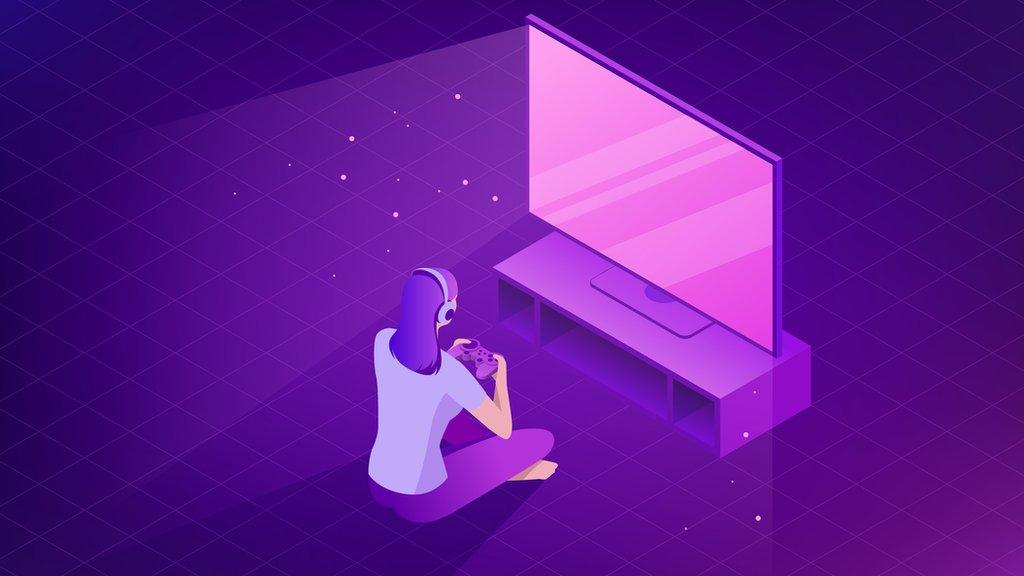
Gaming disorder or gaming addiction is now an official medical disorder
The World Heath Organization (WHO) has officially listed 'gaming disorder' as an illness.
It was part of a big update to the International Classification of Diseases - a list of all the diseases around the world.
The WHO said that gaming disorder is a pattern of behaviour where priority is given to gaming over all other activities. It is used when a person is unable to stop playing, despite the negative consequences it might be having on that person's health and life.
The organisation added it to their section on harmful technology-related behaviour.
The definition of gaming disorder was in fact finalised last year. But it was officially adopted this weekend at the 72nd World Health Assembly.
It will come into effect in 2022.

Symptoms of gaming disorder can include excessive playing, neglecting self-care and social relationships
What are the symptoms of gaming disorder?
Gaming disorder doesn't just mean a person might play video games a bit too much.
The WHO have classified it as a more serious condition, which has a very negative impact on a person's life.
It can be identified by the following symptoms:
Impaired control over gaming - When a person is playing games for a very long time, very regularly, without the ability to stop themselves
Increasing priority given to gaming to the extent that gaming takes precedence over other life interests and daily activities - When a person places gaming as more important than daily activities like eating, washing, going to the toilet or even leaving the house
Continuation or escalation of gaming despite the occurrence of negative consequences - When a person is unable to stop gaming, despite it having a significant negative impact on their personal wellbeing, family, school or work life, and social ability
In order for a person to be officially diagnosed with gaming disorder, a person must show all of the above symptoms, to a very extreme level, for at least 12 months, so it's about much more than simply spending too much time in front of a video game or really enjoying them.
The WHO is a special group, which is part of the United Nations.
It was formed in 1948 and its aim is to look after the health and wellbeing of people around the world.
Since it began, it has done lots of medical work. For example, it helped to rid the world of the smallpox disease - the first disease to ever be officially wiped out by human effort.
The organisation is full of scientists and doctors who are helping to improve world health by stopping the spread of diseases and educating people about being healthy.
It also holds World Health Assemblies at which people discuss new diseases or disorders, and how they can be treated.
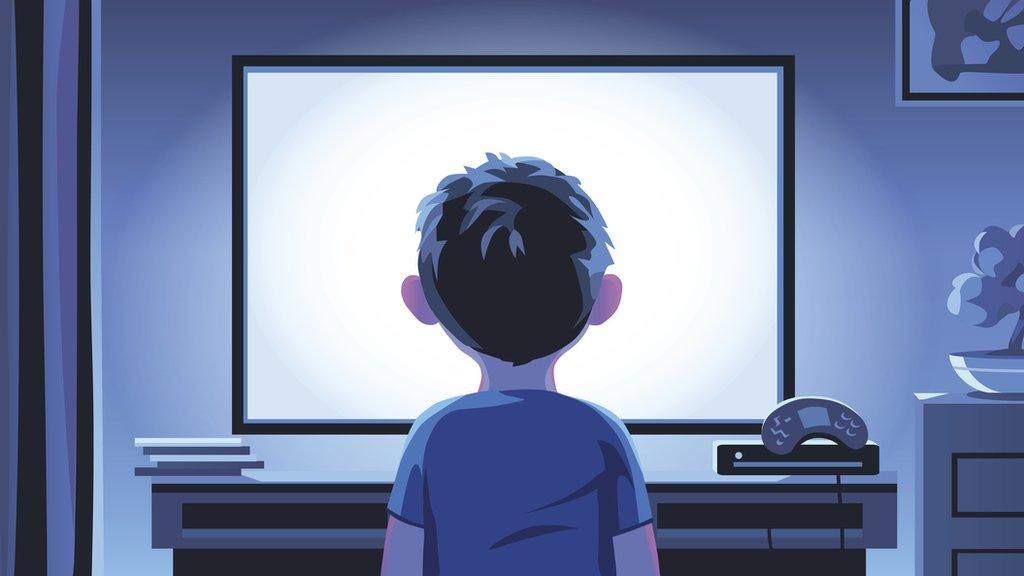
Gaming disorder can isolate people, and affect their health in a negative way
Why is gaming disorder an issue?
Gaming is one of the most popular hobbies around the world, with millions of people playing video games every single day.
However, when it becomes an addiction when a person loses control over their ability to stop and take care of themselves, it can become a real issue.
Countries such as China and South Korea currently have a big problem with gaming disorder.
They have set up special military-style camps where parents can send their children to help them to handle their gaming addictions.
These camps have been criticised for using extreme discipline and harsh punishments.
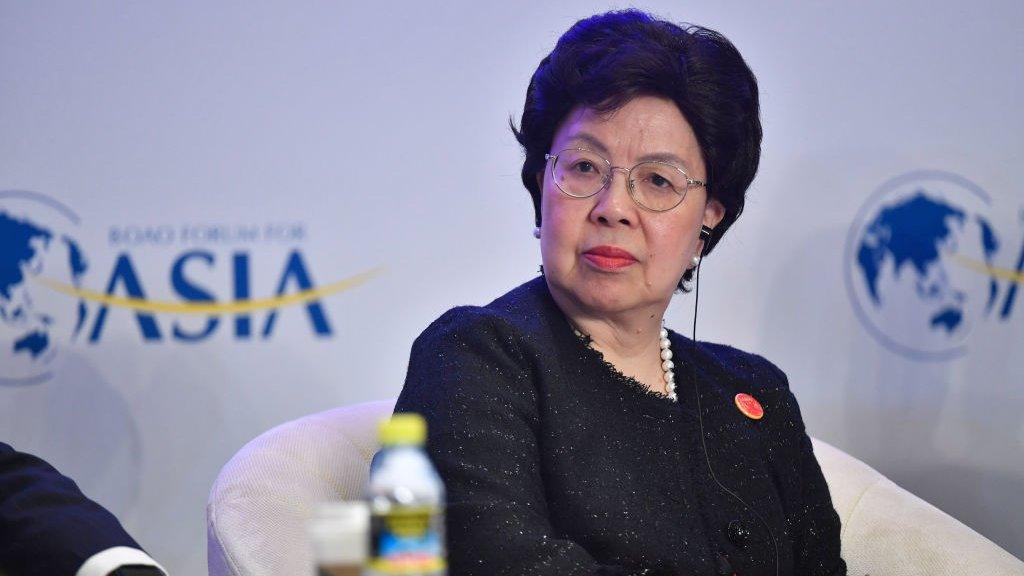
Margaret Chan Fung Fu-chun is the Director-General Emeritus of the World Health Organization
What do people think?
Video game organisations like the ESA, ISFE and UKIE, which look after what gaming companies can and can't do in their countries, have spoken out about the new definition.
They said that more research needs to be done and that perhaps gaming disorder might be part of another mental health problem, such as depression or anxiety.
The ESA has said that it is worried that people's opinion of gaming would be affected by labelling the disorder in a negative way.
But the WHO said that the decision to make gaming disorder an official illness was based on research by health professionals from all over the world, and that by labelling it, it means that doctors will be able to offer help and treatment to those with it.
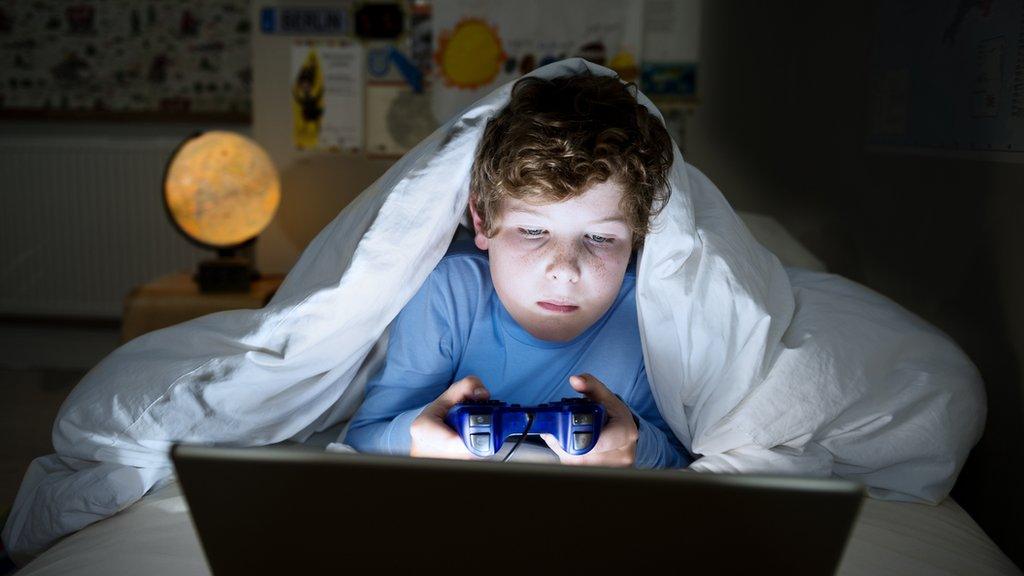
Some gaming organisations are not happy about the labelling of the new disorder
- Published2 September 2018
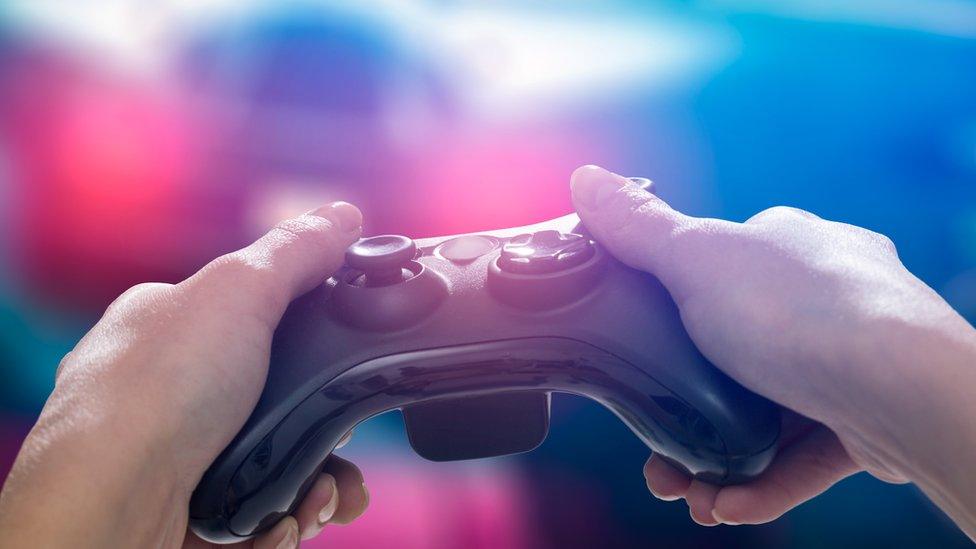
- Published8 November 2018
